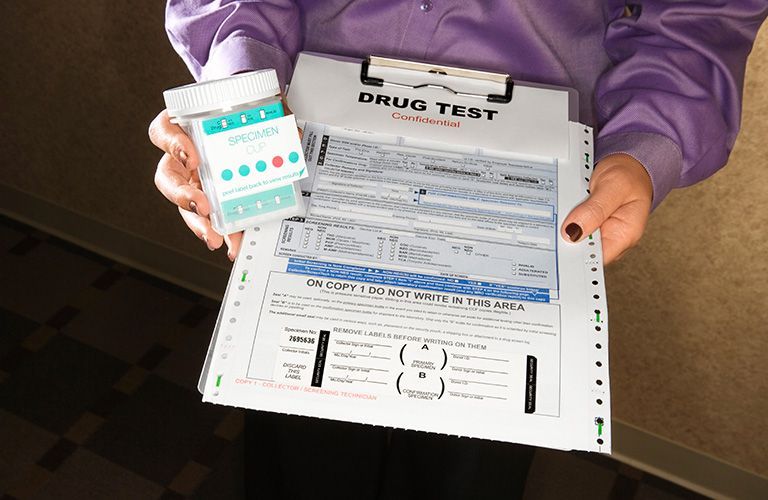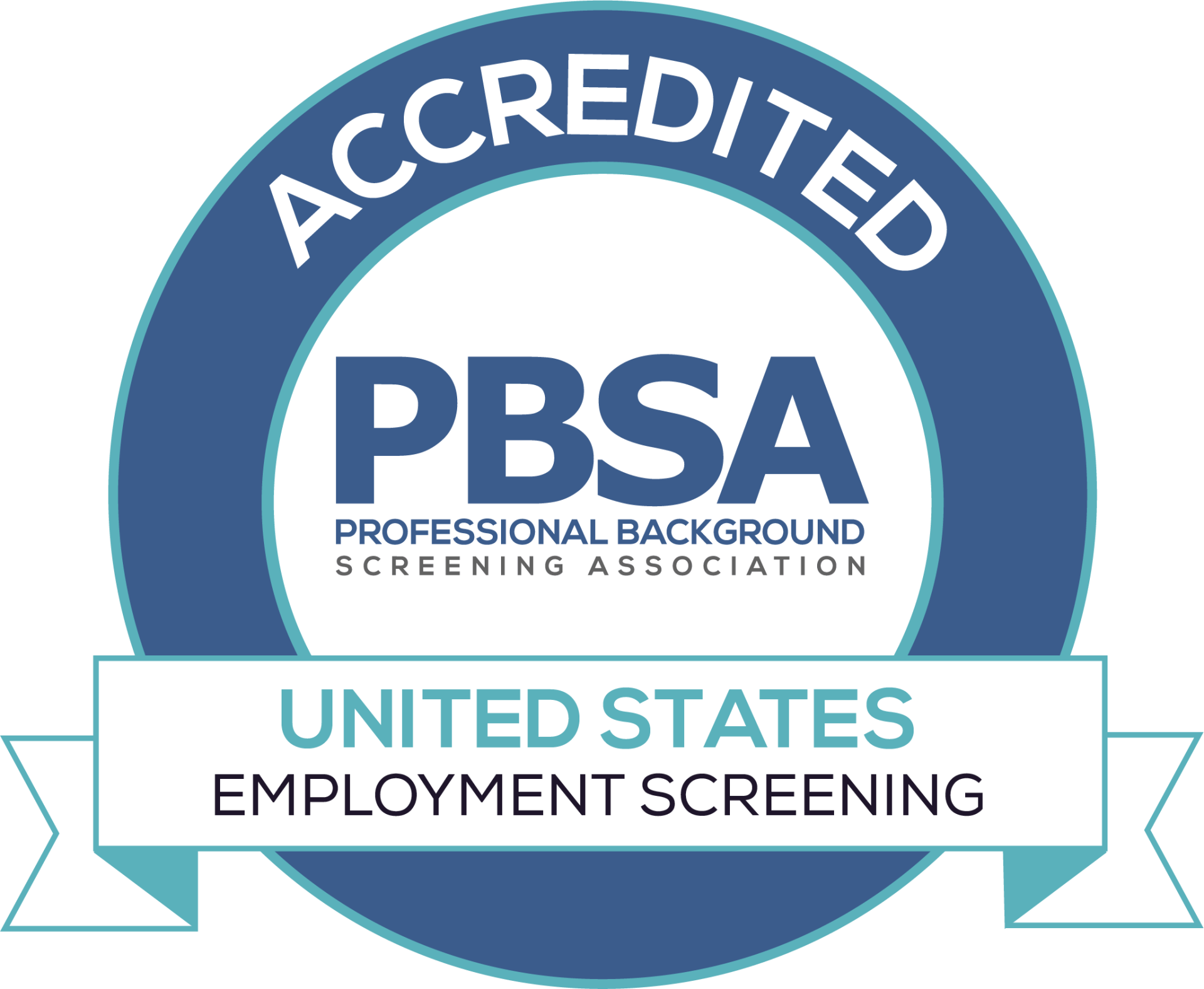4 MUST-HAVE BACKGROUND CHECKS FOR VOLUNTEER SCREENING
Mark Ridgeway • December 10, 2019

Every year, millions of volunteers across the country strive to make a positive impact by donating their time and talent to schools and non-profit causes that are close to their hearts.
Non-profit organizations rely on the selfless contributions of volunteers, but that doesn’t mean they shouldn’t perform due diligence on the people they place in front of those they serve.
We’ve all heard terrible stories about criminal volunteers that have abused their access to an organization’s money, resources or vulnerable populations (children, elderly, homeless, et al). It only takes one horrible incident to completely decimate and shut down a nonprofit. Or, in the case of schools, lead to costly lawsuits and irreparable damage to their reputation in the community.
That’s why volunteer background screening is so crucial.
Personally interviewing volunteers may be a good first step. But, by having a partner like CourtHouse Concepts running background checks for your nonprofit or school, you can feel confident that the people who are donating their time are doing so to actually help your organization, and not just for their own personal, criminal endeavors.
Here are four "must-have" volunteer background checks that schools and non-profits should integrate into their onboarding process:
1. Criminal Background Check:
These are the anchor to most background screening programs. Social Security Number Trace and Fingerprinting are used to search county, state and nationwide court records and criminal databases.
2. Motor Vehicle Checks:
MVR screens are a key part of any background check for volunteers who will drive an organization’s vehicle, transport students in their own vehicle or operate machinery.
3. Sex Offender Registry:
Identifying would-be volunteers who are listed on a state’s sex offender registry is crucial to organizations that serve sensitive populations such as education, healthcare and childcare. The search can be nationwide or a single state.
4. Drug Screening:
Volunteer substance abuse can have productivity, safety and financial impacts on an organization. CourtHouse Concepts can help you determine the appropriate drug screening protocol for your non-profit or school.
Nonprofits and volunteer organizations are mission-oriented and often serve vulnerable populations. Employee and volunteer background checks are necessary—and often required—to protect your clients, ensure continued funding, protect assets, mitigate risk, and avoid potential liability lawsuits.
Contact us for more information and a custom screening plan design.
Have questions? Let's talk!

Drug testing in the workplace is a practice that has gained significant attention in recent years. It involves screening employees for the use of illicit substances and, in some cases, the abuse of prescription medications. While there are arguments against workplace drug testing, it undeniably offers numerous benefits to both employers and employees. In this blog post, we will explore the advantages of employee drug testing programs and why you should implement one for your business. Safety and Productivity One of the most compelling reasons for drug testing in the workplace is the enhancement of safety and productivity. Employees under the influence of drugs or alcohol are more likely to cause accidents, make errors, and exhibit impaired judgment. Drug testing helps identify individuals with substance abuse issues, preventing them from putting themselves and their colleagues at risk. A safer workplace leads to increased productivity, as employees can focus on their tasks without worrying about the consequences of impaired coworkers. Legal Compliance Many industries and government contracts require drug testing as part of compliance with specific regulations. By implementing drug testing, employers can ensure they meet these legal requirements, avoiding potential fines or the loss of contracts. This legal compliance also extends to workers' compensation claims, where having a drug-free workplace can be essential in demonstrating that accidents were not caused by substance abuse. Reduction of Healthcare Costs Drug testing can contribute to reducing healthcare costs. Employees struggling with substance abuse issues often require more medical attention due to the health problems associated with drug and alcohol use. Identifying these individuals early on and offering support and treatment can lead to healthier employees, lower healthcare expenses, and a reduced burden on insurance premiums. Reduce Legal Liability The U.S. Department of Labor estimates that drug use by employees cost businesses billions of dollars annually as a result of workplace accidents. The implementation of a drug testing policy can assist your business in reducing these costs by lowering your risks and liability. Improved Employee Morale A workplace free from substance abuse concerns can boost employee morale. When employees know their colleagues are not abusing drugs or alcohol, they are more likely to feel safe, respected, and motivated. This can lead to increased job satisfaction and a more positive work environment, ultimately reducing turnover rates. Enhanced Company Reputation Employers that invest in drug testing programs demonstrate a commitment to a safe and responsible workplace. This commitment can enhance a company's reputation, making it more attractive to potential employees, customers, and partners. A strong reputation for maintaining a drug-free environment can differentiate a company in a competitive marketplace. Early Intervention Drug testing not only identifies employees with substance abuse issues but also offers an opportunity for early intervention. Employers can connect these individuals with resources, such as Employee Assistance Programs (EAPs), counseling, and treatment options. Early intervention can prevent the escalation of substance abuse problems and help employees overcome their issues, ultimately preserving their careers. Deterrence The knowledge that random drug testing is in place can act as a deterrent for employees who may consider using drugs or alcohol inappropriately. The fear of testing positive can discourage substance abuse and create a culture of accountability within the workplace. In conclusion, when administered fairly and with respect for employees' rights, drug testing can be a valuable tool in promoting a healthier and more prosperous workplace. Ultimately, the benefits of workplace drug testing outweigh the potential drawbacks, leading to safer, more productive, and more successful organizations. At CourtHouse Concepts, we can provide and manage pre-employment drug screening and set up random drug testing for your company. Call us today for a custom proposal!




